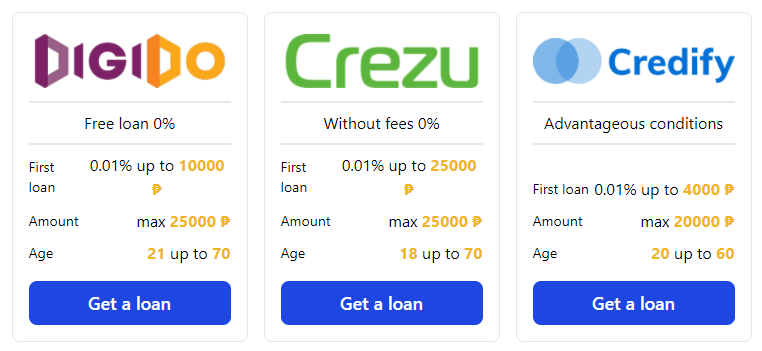Personal loans are a convenient way to access quick cash without using your savings or relying on family and friends. These loans can be used for various purposes, such as buying consumer items, settling credit card debt, or covering unexpected expenses.
However, before applying for a personal loan in the Philippines, it’s crucial to understand the costs involved and evaluate your ability to repay the loan. Here are some essential things you need to consider:
Know the Interest Rates
Interest rates for personal loans in the Philippines can vary from lender to lender. While some lenders provide fixed interest rates, others offer variable rates that can fluctuate frequently and be higher. It’s crucial to shop around for financing in your area to find a lender that offers competitive interest rates.
Check Your Credit Score
Your credit score plays a crucial role in determining whether your loan application will be approved and what interest rate you’ll be offered. A good credit score (usually above 700) indicates that you have a history of managing your finances responsibly and are more likely to repay the loan on time. If your credit score is not good, you may find it challenging to get approved for a loan, or you may be offered a higher interest rate.
Compare Loans and Lenders
It’s essential to compare different lenders and their loan products before making a decision. You should check the details of each loan carefully, such as the interest rate, repayment terms, and any fees or charges. Some lenders offer fixed-rate loans, while others offer variable ones.
Some lenders may charge origination fees, while others may not. Repayment terms can also vary, with some lenders offering terms as short as three months and others going up to five years or more.
Understand Repayment Terms and Conditions
Before applying for a personal loan in the Philippines, you need to understand the repayment terms and conditions. These include the amount you will repay each month (if it’s an installment loan) or each payment frequency (if it’s a revolving loan). You should also check if there are any special options or flexible arrangements for paying off your loan.
For example, some loans allow for amortizing payments, which means that although the total amount of interest charged over the life of the loan may be high, payments can be reduced early compared with later ones.
Evaluate Your Ability to Repay the Loan
Lenders will evaluate your ability to repay the loan by looking at your regular income and expenses. They will also consider your credit score and history, which measures how well you have managed your finances in the past. If you have had problems paying bills on time or missed payments in the past, it may affect the amount you can borrow and the interest rate you’ll be charged.
To assess your ability to repay the loan, lenders will look at the following factors:
- The money in your bank account: Lenders will want to see that you have a stable source of income and enough money in your bank account to cover the loan repayments.
- How long it could take for this money to leave again: Lenders will also consider how quickly you can repay the loan and whether it aligns with their repayment terms.
- How much debt you currently owe: Lenders will evaluate your current debt level and assess how much more they are willing to lend you.
Determine the fees and charges
In addition to interest rates, personal loans may come with various fees and charges. These can include origination fees, prepayment penalties, late payment fees, and more. Make sure you read the fine print and understand all the fees and charges associated with the loan you are considering. This will help you avoid any surprises and ensure that you are getting the best deal possible.
Gather necessary documents
Before applying for a personal loan, make sure you have all the necessary documents ready. These can include proof of income, employment verification, bank statements, and more. Having these documents on hand will help you speed up the loan application process and increase your chances of approval.
Consider alternative options
While personal loans can be a great way to access funds quickly, they may not always be the best option. Consider alternative options, such as credit cards, home equity loans, or borrowing from friends and family. Each option has its own advantages and disadvantages, so make sure you weigh them carefully before making a decision.
Read reviews and research the lender
Before choosing a lender, make sure you read reviews and research the company. Look for a reputable lender with positive customer feedback and a track record of providing good customer service. You can also check with the Better Business Bureau to see if the lender has any complaints or negative reviews.
Apply for the loan
Once you have done your research and selected a lender, it’s time to apply for the loan. Fill out the application carefully and provide all the necessary information and documentation. Be prepared to answer any questions the lender may have and provide additional information if needed.
In conclusion, personal loans can be a great way to access funds quickly and without using your savings or borrowing from friends and family. However, before applying for a personal loan Philippines, make sure you understand the costs, compare different lenders and products, and evaluate your ability to repay the loan. By doing your research and carefully weighing your options, you can find a personal loan that meets your needs and helps you achieve your financial goals.
